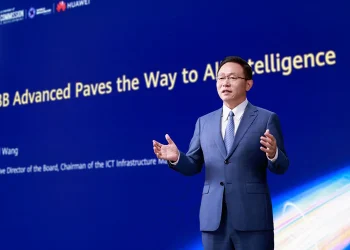Taiwan Blacklists Huawei and SMIC Over Security Threats, Puts Them in Same Category as Taliban
In a bold move to protect its national interests, Taiwan has officially placed Chinese tech giants Huawei and SMIC on its strategic export blacklist, citing serious security and proliferation risks. The two companies now share a spot on the list with militant groups like the Taliban and al-Qaeda.
The Taiwanese Ministry of Economic Affairs announced the update on June 10, 2025, following a growing global push to curb China’s access to advanced technology. A total of 601 foreign organizations from China, Russia, Iran, Myanmar, Pakistan, and other countries were added to the blacklist.
Under these new rules, Taiwanese firms must seek government approval before exporting any technology or goods to these entities. The goal? To prevent unauthorized technology transfers that could threaten Taiwan’s national security or global stability.
Huawei and SMIC: China’s Tech Powerhouses Under Scrutiny
Huawei Technologies and Semiconductor Manufacturing International Corporation (SMIC) are at the core of China’s artificial intelligence and semiconductor development strategy. However, their rise has come with allegations of intellectual property theft, technology espionage, and talent poaching—particularly from Taiwan’s flagship chipmaker, TSMC.
Earlier this year, the U.S. Department of Commerce discovered a TSMC-manufactured chip inside Huawei’s cutting-edge Ascend 910B AI processor. This triggered a new round of restrictions, with Washington ordering TSMC to cut off chip supplies to China.
Taiwan has echoed those concerns, accusing SMIC and other Chinese firms of trying to extract advanced chip technology and recruit local engineers.
Taiwan Aligns with Western Tech Restrictions
The blacklist mirrors similar export controls imposed by the United States and other allies, signaling Taiwan’s firm stance in the ongoing global tech war. By putting Huawei and SMIC in the same regulatory category as terrorist groups, Taiwan aims to highlight the geopolitical dangers of unchecked technology access.
This move could significantly hinder China’s efforts to achieve self-sufficiency in chip production and dominate in AI development. It also underscores Taiwan’s growing role as a strategic ally in the tech supply chain, especially amid escalating cross-strait tensions: Huawei.








